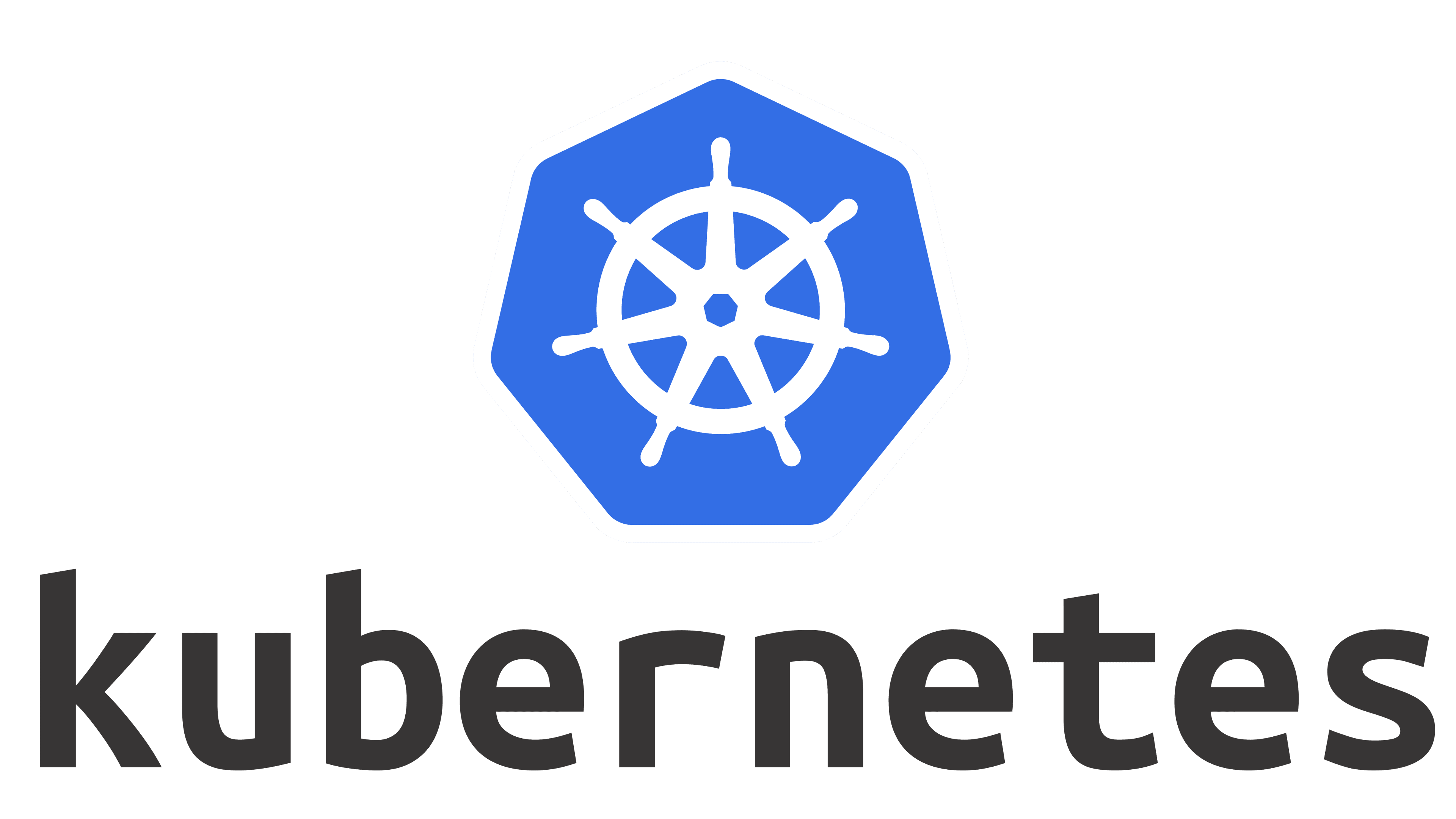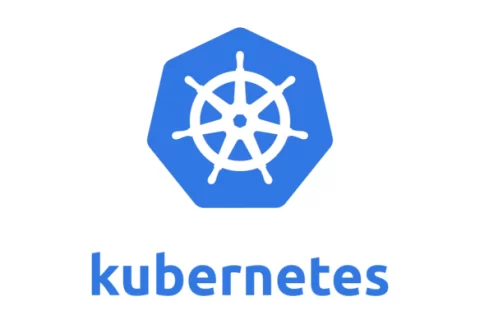In the fast-evolving world of containerization and cloud-native technologies, Kubernetes has emerged as the undisputed champion of container orchestration. It’s not merely a tool; it’s a game-changer that’s transforming the way applications are deployed, scaled, and managed. In this article, we’ll dive into what Kubernetes is, why it’s crucial, and how it outshines other container orchestration tools. We’ll also explore real-world examples and use cases that demonstrate its power and authenticity.
Understanding Kubernetes
Kubernetes, often abbreviated as K8s, is an open-source container orchestration platform developed by Google. Its primary purpose is to automate the deployment, scaling, and management of containerized applications. While containers, such as Docker, simplify packaging and distribution, Kubernetes takes it a step further by seamlessly handling the complexities of container orchestration.
Why Kubernetes Matters
- Scalability: One of Kubernetes’ standout features is its ability to scale applications effortlessly. Whether you’re handling a small-scale deployment or a massive enterprise-level workload, Kubernetes can automatically adjust resources to meet demand.
- High Availability: Kubernetes ensures that your applications remain available even in the face of hardware failures or other issues. It automates the distribution of containers across a cluster of machines, reducing the risk of downtime.
- Portability: Kubernetes offers a consistent environment for deploying containers across various cloud providers or on-premises data centers. This portability means you can avoid vendor lock-in and migrate workloads with ease.
- Self-Healing: Kubernetes constantly monitors the health of your applications. If a container fails, it can automatically replace it, ensuring that your application remains robust and reliable.
- Extensive Ecosystem: Kubernetes boasts a vast ecosystem of tools and extensions, making it highly extensible. This ecosystem includes Helm for package management, Prometheus for monitoring, and Istio for service mesh capabilities, among others.
Kubernetes vs. Other Container Orchestration Tools
While there are other container orchestration tools like Docker Swarm and Apache Mesos, Kubernetes stands out for several reasons:
- Community and Adoption: Kubernetes enjoys immense community support and widespread adoption. This translates to a rich repository of resources, documentation, and a vast talent pool.
- Flexibility: Kubernetes is versatile and can run containers from various providers, including Docker. It also supports multiple container runtimes, offering flexibility in your container choices.
- Declarative Configuration: Kubernetes uses a declarative approach to configuration, allowing you to describe the desired state of your application. It then works to maintain that state, simplifying operational tasks.
- Horizontal Scaling: Kubernetes offers native support for horizontal scaling, allowing you to add or remove replicas of your application easily.
- Rolling Updates: With Kubernetes, you can perform rolling updates without downtime, ensuring seamless application upgrades.
Real-World Examples and Use Cases
Spotify: Managing Microservices at Scale
Spotify, the popular music streaming service, uses Kubernetes to manage its vast network of microservices. Kubernetes enables Spotify to scale its infrastructure to accommodate millions of users while ensuring a reliable and responsive platform.
NASA: Space Exploration with Kubernetes
Even NASA has turned to Kubernetes for its Mars exploration program. NASA’s Jet Propulsion Laboratory (JPL) uses Kubernetes to manage and deploy containerized applications in its Mars rovers, allowing for real-time updates and increased operational efficiency.
Grab: Simplifying Ride-Sharing Services
Grab, Southeast Asia’s leading ride-sharing and mobile payments platform, relies on Kubernetes to manage its diverse set of microservices. Kubernetes helps Grab maintain high availability and deliver a seamless experience to millions of users across the region.
In conclusion, Kubernetes has redefined the world of container orchestration with its unmatched capabilities, extensive ecosystem, and real-world success stories. It’s not just a tool; it’s a pivotal technology that empowers organizations to scale, innovate, and remain competitive in the modern digital landscape. Its authenticity shines through its proven ability to meet the demands of today’s dynamic application deployments. Embracing Kubernetes isn’t just an option; it’s a strategic imperative for businesses striving for excellence in the containerized world.





